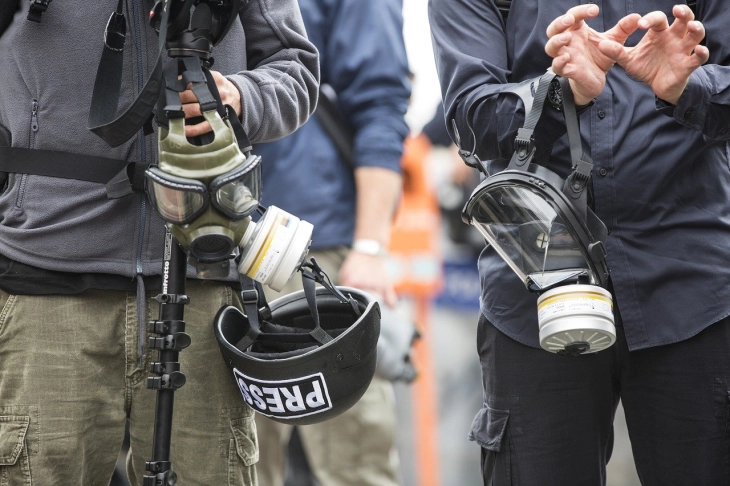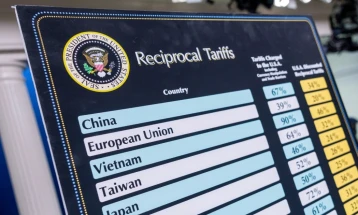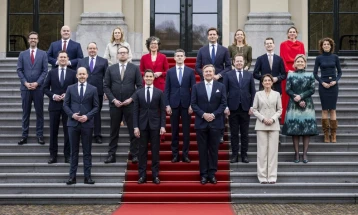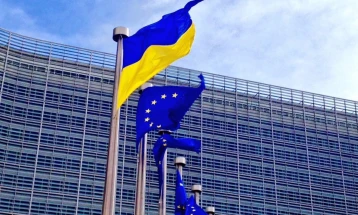Media group: 54 journalists killed this year, a third of them in Gaza
- At least 54 journalists have been killed worldwide this year in connection with their work - nearly a third of them in the Gaza Strip, according to an annual report by Reporters Without Borders.

Berlin, 12 December 2024 (dpa/MIA) - At least 54 journalists have been killed worldwide this year in connection with their work - nearly a third of them in the Gaza Strip, according to an annual report by Reporters Without Borders.
So far the number of journalist killed, according to data at the end of November, remains the same as last year's level, the advocacy group said on Thursday.
But the organization, known by its French acronym RSF, said every year it learns of additional deaths, which are then updated later in the data, so the numbers will likely increase.
RSF noted that war reporting is especially risky, with 31 of 54 journalists who were killed having lost their lives in conflict zones - the highest figure in five years. Gaza, where Israel is fighting Hamas-led Palestinian militant groups, is by far the most dangerous region, the report said.
Calculating back to the war's start, when Hamas and others invaded Israel, killing 1,200 and taking some 250 hostage, more than 145 media personnel have died in the Gaza Strip up to the end of last month, according to RSF, including at least 35 who were working at the time of their deaths.
In Israel, since the start of the war, two journalists have been killed, and in Lebanon five reporters have been killed. RSF has advocated at the International Criminal Court for the killings of media personnel to be investigated as possible war crimes.
Reporters in other regions were also targeted. Seven media personnel were killed in Pakistan and five in Bangladesh when they were covering widespread protests there, RSF said.
Worldwide, 550 journalists are currently imprisoned, 7% more than the previous year. The number of imprisoned media personnel has increased in Israel and Russia and elsewhere.
“Journalists do not die, they are killed; they are not in prison, regimes lock them up; they do not disappear, they are kidnapped," said Thibaut Bruttin, RSF's director general, in a comment on its website.
Photo: Pixabay







